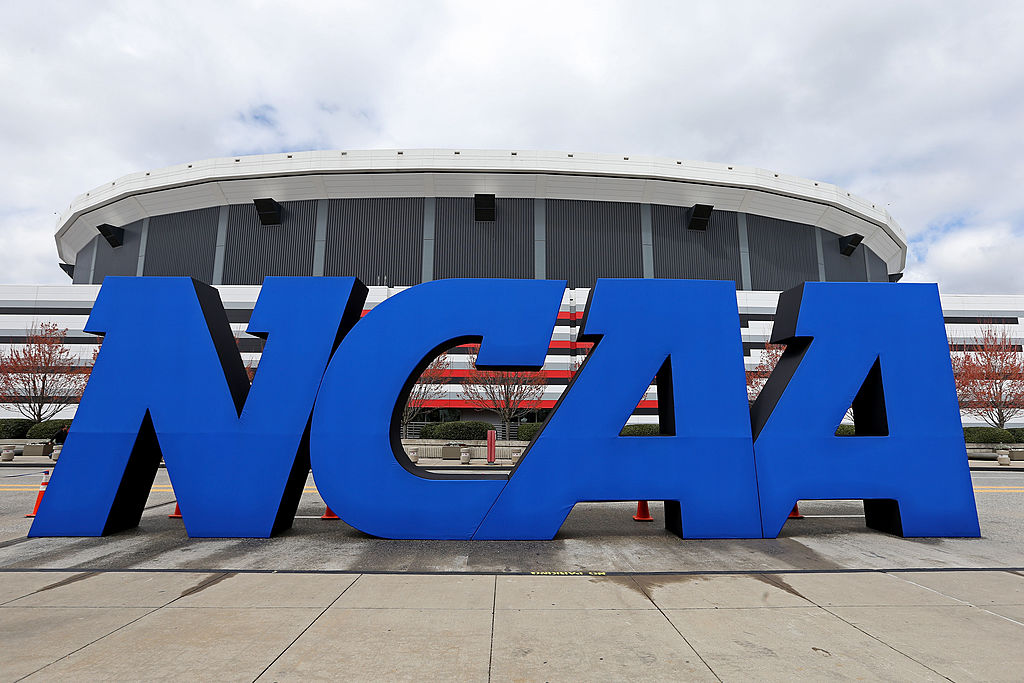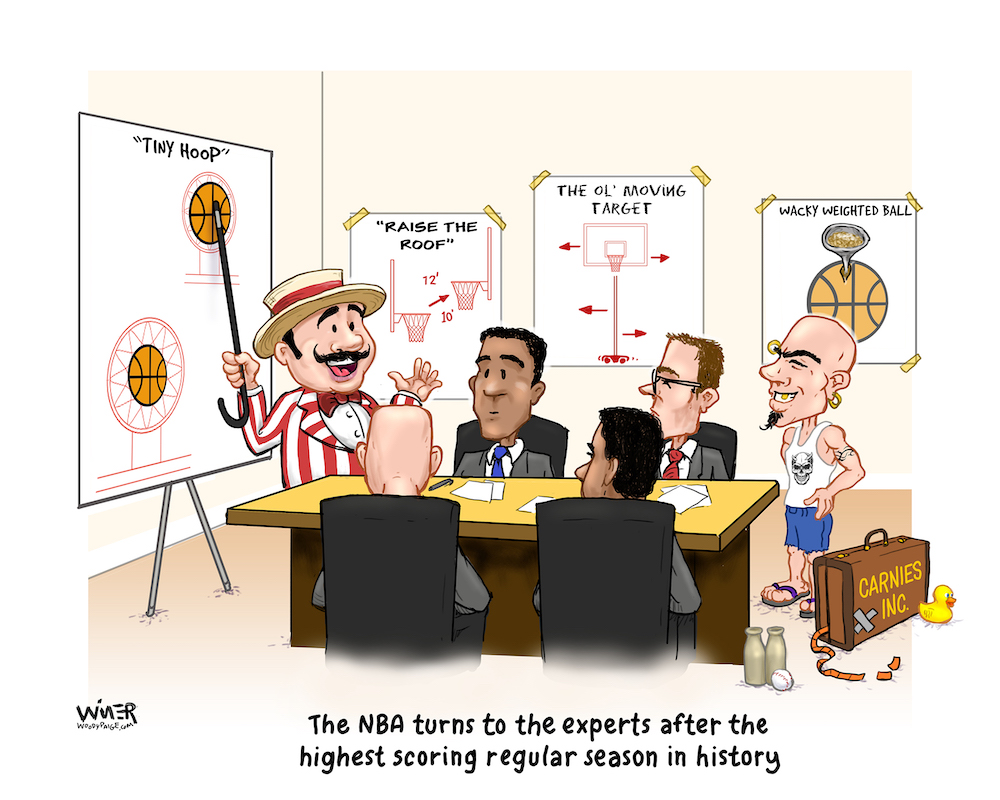Dr. Jim Tunney perhaps was the best whistleblower of all time.
Whistler’s Mother would have been proud of the man nicknamed “Dean of NFL Referees.”
Yet, now, many of the referees are inexperienced and not taking control. The other officials don’t have sufficient training or understanding of the rules and “the spirit’’ of the game. They are out of position often, react too quickly sometimes and continue to make prejudicial and uncorrected mistakes.
That assessment and indictment of NFL officiating was submitted Tuesday by Tunney, who was a field judge, then a referee in the league from 1960-1990.
Tunney has been a nominee for the Pro Football Hall of Fame 15 times, but no official has been inducted despite their significance.
Considering the issues on the field last season and this, none of the current officials would get a toot.
“Tough times for officials,’’ Tunney told me by telephone from his home in the Monterrey Bay area of California. I asked what he was doing Tuesday. “Waiting for you to call,’’ he said with a laugh.
Still very active at 90 as a motivational speaker, author and even a weekly newspaper sports columnist, Tunney is just as chagrined as the rest of us about the adjudicating in football.
“I love the NFL, and I watch the games. But it’s not always easy. Last night (Monday), I saw some very bad calls,’’ he said. For instance, “the official who ignored the obvious defensive pass interference penalty (by the Packers) was positioned wrong. He should have been on the other side of the play.’’ And when the Lions were charged twice on critical, game-changing penalties for “hands to the face’’ violations against the Packers, “the official has to concentrate on the play from beginning to end. He can’t take his eyes away for a moment; he must have the right angle.’’
To Tunney, the officials are blowing their whistles too frequently and errantly. The number of penalties on opposing teams have continued to increase the past three seasons, and complaints from coaches, players, media and fans have become steadily amplified. Tunney gets it.
He blames a lack of experience and a failure to grasp the “spirit of the game” on the influx of younger officials. “We always believed if a penalty didn’t affect the particular play, don’t call it. We could call penalties on every play, but didn’t,’’ Tunney said.
Tunney, an outstanding high school and college basketball player, possesses master’s and doctorate degrees from Southern Cal and was a high school principal and prep and college official in Los Angeles. He was hired by the NFL the same year Denver’s Ben Dreith, who was a high school teacher-coach, joined the AFL’s debut in ‘60.
They are last living referees from the first season of the merger (1970). Dreith is 94. Both had unique, strong personalities on the field. Dreith, who has a home in Centennial, always will be remembered for the legendary personal foul in ’86 on the Jets’ Marty Lyons, who punched the Bills’ Jim Kelly in a scrum. “After tackling the quarterback, he was giving him the business down there,’’ Dreith announced on his microphone.
Tunney was the only referee in successive Super Bowls, including the Broncos’ first in XII. He also was the ref for “The Fumble’’ in the Broncos-Browns AFC Championship in Denver, the famed “Ice Bowl’’ between the Cowboys and the Packers, “The Catch’’ for Dwight Clark from Joe Montana for the 49ers’ NFC championship and “The Fog Bowl’’ in Chicago. Tunney did 21 postseason games and refereed at Mile High Stadium more than 20 times.
Tunney initially was “supportive of replays, even though I always felt calls should remain on the field. I think it’s gotten away from the NFL.’’ He always was opposed to full-time officials (a new NFL concept that is suspended this year). “We had the best. In the past two years 40 percent of the (17) crew chiefs have retired or gone to TV. The league has a lot of new referees and officials, yet they’ve cut back on supervisors. It takes five years in the league to totally understand the rules, the positioning and the nuances. Younger officials need more one-on-ones with supervisors and better training.
“It’s an extremely difficult job, and the officials are going through a stretch of a lot of controversial calls,’’ he said, then added jokingly: “Maybe they need one official for each player.’’
Although he no longer whistles while he works, The Doctor, The Dean, The Determinator still is distinctive in a judgment call.
This column originated in the Colorado Springs Gazette.
















